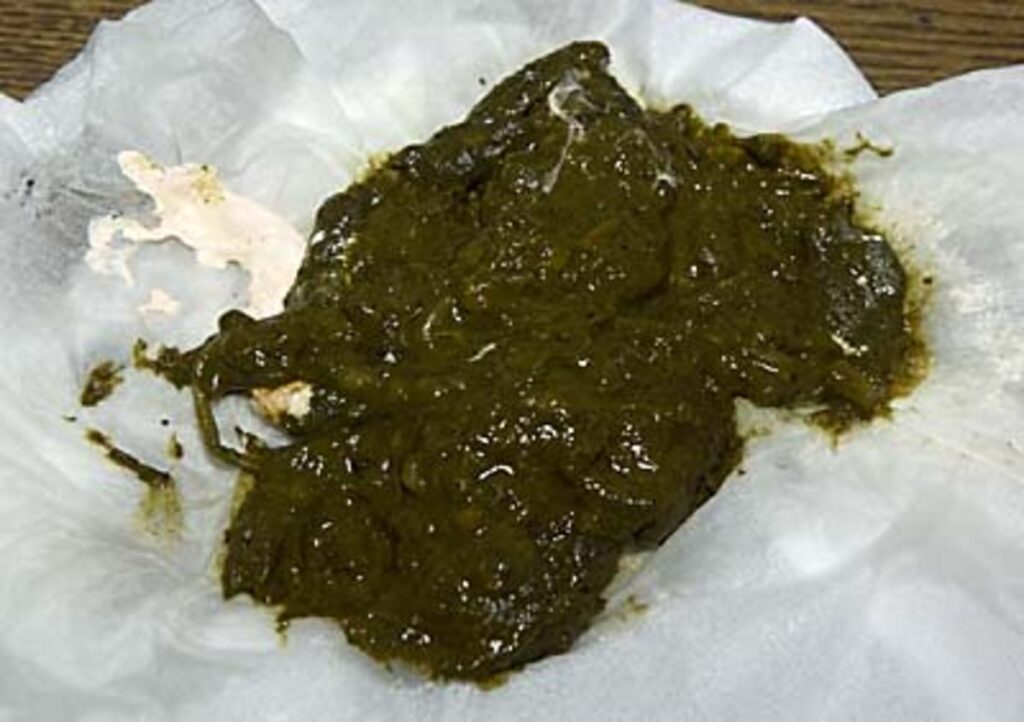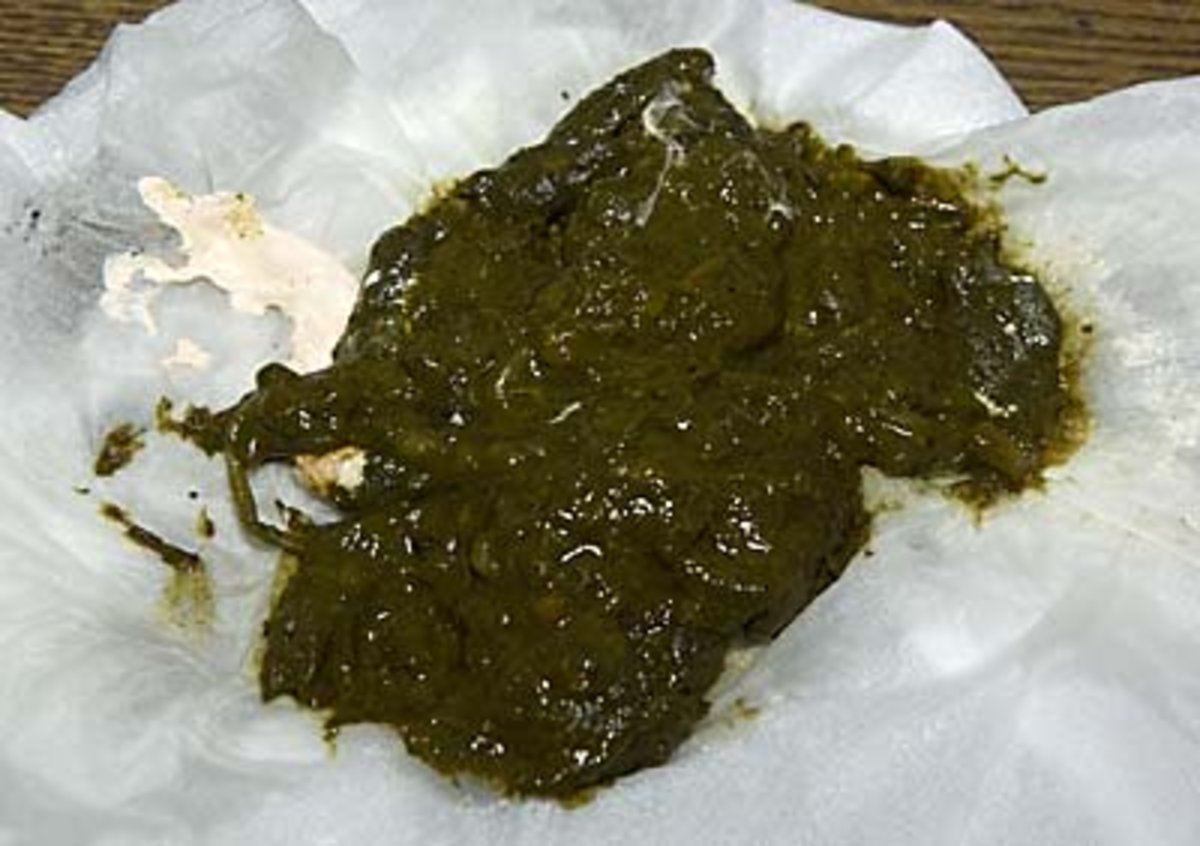
What Does It Mean When You Poop Slime? Understanding Mucus in Stool
Finding slime, or more accurately, mucus, in your stool can be alarming. While it’s often a normal occurrence, excessive mucus or changes in your bowel habits could indicate an underlying health issue. This article delves into the reasons why you might see mucus when you poop, what’s considered normal, and when it’s crucial to seek medical advice. Understanding what it means when you poop slime is important for maintaining your overall health and well-being.
The Role of Mucus in the Digestive System
Mucus is a jelly-like substance produced throughout your body, including your digestive tract. Its primary function is to lubricate and protect the lining of your intestines. This lubrication helps stool pass smoothly, preventing damage and irritation to the intestinal walls. A small amount of mucus is usually present in stool and is often unnoticeable.
Normal vs. Abnormal Mucus in Stool
A small amount of clear or whitish mucus in your stool is generally considered normal. It’s part of the natural digestive process. However, changes in the amount, color, or consistency of the mucus, or the presence of other symptoms, may warrant further investigation. Seeing a lot of slime when you poop frequently is not normal and should be investigated.
When is Mucus in Stool Considered Abnormal?
- Increased Amount: A noticeable increase in the amount of mucus, particularly if it’s accompanied by other symptoms.
- Color Changes: Mucus that is yellow, green, or contains blood.
- Consistency Changes: Thick, stringy mucus.
- Accompanying Symptoms: Abdominal pain, cramping, diarrhea, constipation, bloating, fever, or weight loss.
Possible Causes of Mucus in Stool
Several factors can contribute to an increase in mucus production in the digestive tract. Here are some of the most common causes:
Infections
Bacterial, viral, or parasitic infections can irritate the intestinal lining, leading to increased mucus production. These infections often cause diarrhea and abdominal cramping. For example, infections like gastroenteritis (stomach flu) can cause inflammation and lead to more slime when you poop.
Inflammatory Bowel Disease (IBD)
IBD, which includes Crohn’s disease and ulcerative colitis, is a chronic inflammatory condition that affects the digestive tract. Both conditions can cause significant inflammation, leading to increased mucus production, diarrhea, abdominal pain, and other symptoms. Ulcerative colitis, in particular, often results in the presence of blood and mucus in the stool. [See also: Understanding Ulcerative Colitis Symptoms]
Irritable Bowel Syndrome (IBS)
IBS is a common disorder that affects the large intestine. While IBS doesn’t cause inflammation like IBD, it can still lead to changes in bowel habits and increased mucus in the stool. People with IBS may experience abdominal pain, bloating, constipation, and diarrhea. While the exact cause of IBS is unknown, it’s believed to be related to increased sensitivity of the gut and altered gut motility. Many people find that stress exacerbates their IBS symptoms, leading to more slime when they poop.
Dietary Factors
Certain dietary factors can also contribute to increased mucus production. For example, a diet high in fiber can sometimes lead to more mucus as the body works to process the increased bulk. Additionally, food sensitivities or intolerances, such as lactose intolerance or gluten sensitivity (celiac disease), can cause inflammation and increased mucus production. [See also: Gluten Intolerance Symptoms and Management]
Anal Fissures and Hemorrhoids
Anal fissures (small tears in the lining of the anus) and hemorrhoids (swollen veins in the anus and rectum) can also cause mucus in the stool. These conditions often result in bleeding and irritation, which can stimulate mucus production. The mucus may be present due to the body’s attempt to lubricate the area and facilitate the passage of stool. If you experience pain during bowel movements, this could be a sign of fissures or hemorrhoids.
Intestinal Obstruction
In rare cases, an intestinal obstruction can lead to increased mucus in the stool. An obstruction prevents the normal passage of stool, leading to a buildup of mucus and other fluids. This is a serious condition that requires immediate medical attention. Symptoms of intestinal obstruction include severe abdominal pain, bloating, vomiting, and inability to pass gas or stool.
Cystic Fibrosis
Cystic fibrosis is a genetic disorder that affects the lungs and digestive system. It causes the body to produce thick, sticky mucus that can block the airways and digestive tract. This can lead to malabsorption of nutrients and increased mucus in the stool. Cystic fibrosis is typically diagnosed in infancy or early childhood.
When to See a Doctor
While a small amount of mucus in the stool is usually harmless, it’s important to seek medical attention if you experience any of the following:
- Persistent or worsening mucus: If the amount of mucus in your stool increases over time or doesn’t go away.
- Blood in the stool: Any amount of blood in the stool should be evaluated by a doctor.
- Severe abdominal pain: Intense or persistent abdominal pain.
- Changes in bowel habits: Significant changes in your bowel habits, such as persistent diarrhea or constipation.
- Unexplained weight loss: Losing weight without trying.
- Fever: A fever accompanied by other symptoms.
Diagnosis and Treatment
To determine the cause of increased mucus in your stool, your doctor may perform a physical exam and ask about your medical history, diet, and symptoms. They may also order the following tests:
- Stool Sample: To check for infections, parasites, or blood.
- Colonoscopy: A procedure in which a flexible tube with a camera is inserted into the colon to visualize the lining.
- Sigmoidoscopy: Similar to a colonoscopy, but only examines the lower part of the colon.
- Blood Tests: To check for inflammation or other abnormalities.
Treatment will depend on the underlying cause. For infections, antibiotics or antiparasitic medications may be prescribed. For IBD, medications to reduce inflammation, such as corticosteroids or immunomodulators, may be necessary. For IBS, dietary changes, stress management techniques, and medications to manage symptoms may be recommended. If food sensitivities are suspected, an elimination diet may be helpful. Understanding what it means when you poop slime requires a proper diagnosis.
Home Remedies and Prevention
While medical treatment is essential for certain conditions, there are also some home remedies and lifestyle changes that can help manage mucus in the stool:
- Stay Hydrated: Drink plenty of water to help keep your stool soft and prevent constipation.
- Eat a Balanced Diet: A diet rich in fiber, fruits, and vegetables can promote healthy digestion.
- Identify and Avoid Trigger Foods: If you suspect food sensitivities, try eliminating certain foods from your diet to see if your symptoms improve.
- Manage Stress: Stress can exacerbate digestive issues, so try to incorporate stress-reducing activities into your daily routine, such as yoga, meditation, or deep breathing exercises.
- Probiotics: Probiotics can help restore the balance of gut bacteria, which can improve digestion and reduce inflammation.
Conclusion
Seeing slime when you poop can be concerning, but it’s not always a sign of a serious problem. A small amount of mucus is normal and helps lubricate the digestive tract. However, if you notice an increase in mucus, changes in its color or consistency, or other accompanying symptoms, it’s important to consult a doctor. Early diagnosis and treatment can help manage underlying conditions and improve your overall digestive health. Pay attention to your body and don’t hesitate to seek medical advice when needed. Understanding what it means when you poop slime is a key aspect of maintaining good health.

